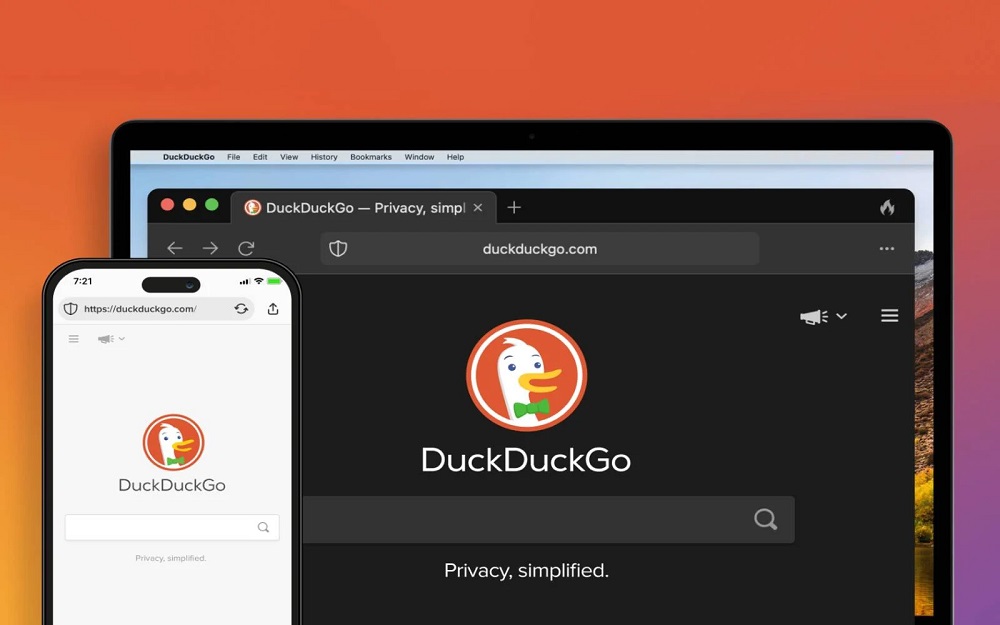Remote work emerged as a temporary solution in 2020 when the Covid-19 pandemic hit the world. During the long periods of curfews, and lockdowns, remote work models were rapidly embraced by the vast majority of employees and businesses. Although at first many people thought isolated homework environments could have a bad impact on employees’ productivity, work-from-home policies proved otherwise. As of 2022, many businesses acknowledge the fact that remote work is here to stay, and many employees encourage their companies to let them work in hybrid or solely remote arrangements.
But, in the remote work age, businesses now face increased cyber risks due to the increasing number of remote employees. Cybercriminals see remote workers as a gateway to corporate networks and resources. These malicious actors wait in every corner to find vulnerabilities, gaps, or weak end-points in their targets’ systems and networks to accomplish their goals. That’s why during the pandemic many businesses that failed to accomplish and maintain their network security fell victim to cyber-attacks and data breaches more frequently.
Commonly, malicious actors’ goal is to steal confidential data that companies hold, store, and collect on a daily basis. But, the security and integrity of confidential data are regulated under international and local compliance laws, and all sizes of businesses are obligated to follow industry standards and safeguard confidential data at all times. For this reason, data breaches often result in penalties and fines that come from compliance authorities.
In this era, businesses shouldn’t risk their network security and implement modern security solutions that help them cope with modern-day challenges, and constantly evolving cyber threats. To secure remotely working employees, corporate networks, and cloud environments, VPNs are needed. Additionally, using vpn for business is a great go-to security solution because business vpns are quite handy, affordable, and scalable solutions that can improve network security, and enable secure remote access no matter where employees work. For those who aren’t familiar with business VPNs, let’s explain how business VPNs work further.
What is Business VPN? How Does it Work?
A Virtual Private Network (VPN) is a technology that creates private tunnels between employees and corporate resources through the public internet. When an individual uses VPN for personal purposes, she connects to the VPN server and replaces her real location with the servers’ locations, then securely access whatever she needs. The same applies to business VPNs, first employees connect to the VPN server and they access the resources they need via private tunnels from the fixed IP servers that are purchased by their companies.
Business VPNs only allow employees who are in the VPN servers to access corporate networks and resources. This way, business VPNs prevent unauthorized access attempts and make corporate networks invisible to third-party entities. While using business VPNs, nobody can spy on companies’ internal activities, and all data transfers are untraceable and unreadable to unauthorized entities.
Additionally, business VPNs are software-based and usually have user-end configuration, and don’t require any additional hardware. Business VPNs can be integrated into a company’s existing infrastructure easily, and quickly. After deployment, all employees can securely access corporate networks and resources via using client-VPN software. So, we can say that business vpn is easy-to-use, and they are plug-and-play security solutions.
Why Business VPNs are so Important?
As corporate networks expand to different geo-locations, maintaining network security and integrity is critical to safeguard all corporate assets from all kinds of malicious intrusions. Business VPN can help businesses facilitate remote access, and secure endpoint users and their devices. In the remote work age, businesses must secure endpoints in their dispensed networks in order to mitigate the risks of potential cyber-attacks.
When a busirhnnally, financial costs can be really high. For instance, in 2021, the average recovery costs of data breaches amounted to 4.24 million dollars globally. Usually, small-to-midsize businesses can’t afford to pay the recovery costs and the financial burden of data breaches might lead these businesses to bankruptcy.
On the other hand, investing in a good business VPN wouldn’t cost as much as data breaches. Generally, business vpn providers charge companies an average of 10$ per user, and they enable improved network security. To avoid regulatory fines, and recovery costs, businesses need to have a VPN in their cyber security posture as VPNs minimize the risks of malicious intrusions.
Benefits of Business VPN
Improved Data Protection
Business VPNs use end-to-end encryption, meaning the data that flows over the internet will be unreadable to anyone who isn’t authorized. Additionally, some business VPN providers use advanced encryption standard 256-bit military-grade encryption which makes it difficult for malicious actors to decrypt the data they possess. In essence, VPN locks all data transfers until it reaches their receivers.

Better Performance
While using a VPN, businesses’ internal activities can’t be tracked by third-party entities. Even internet service providers (ISP) can’t monitor and track how much data a business is using. This way, VPNs prevent data caps and throttling issues and improve network performance. Additionally, having several VPN servers will create different gateways for employees to access the resources they need quickly. While using a VPN, businesses can monitor VPN’s performance and make improvements accordingly.
Secure Remote Access
While using a business VPN, employees can access corporate resources from anywhere in the world. Business VPNs secure employees’ devices and offer safe access. Additionally, even if employees use unsecured wifi connections to access corporate resources, VPNs will securely connect them. So, in the remote work age, VPNs ensure the security of endpoints.
Last Words
Remote work models are here to stay for a very long time, and businesses should implement modern security solutions that deliver safe remote access and improved data protection. In this regard, business VPNs are great security solutions to enable secure endpoints. In the remote work age, investing in a good business VPN can help you improve security across all corporate assets.




